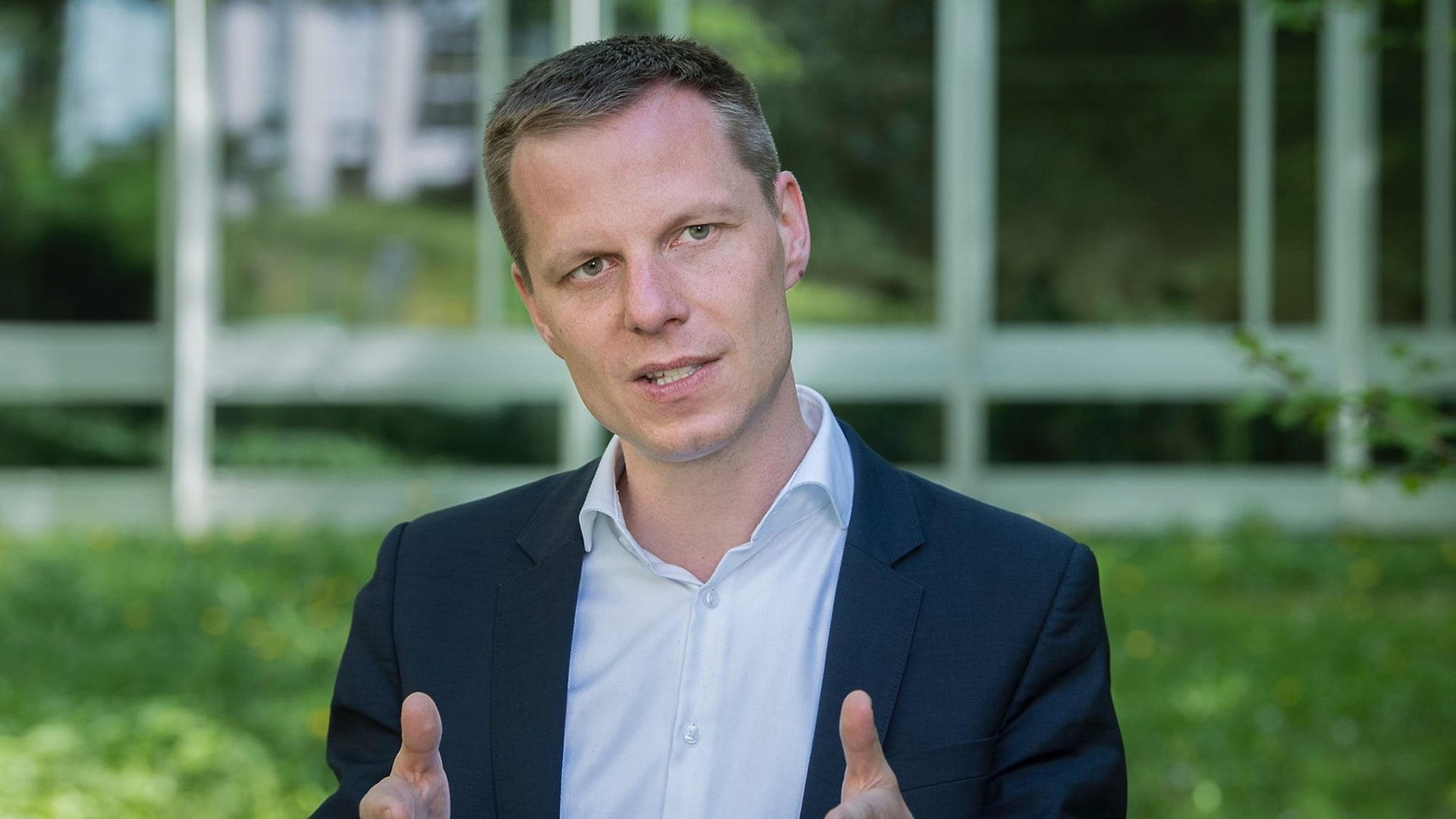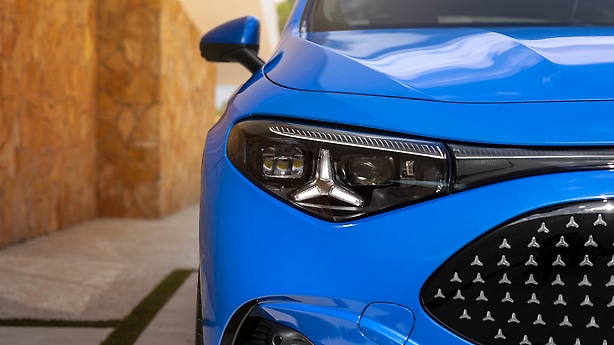In joining the Advisory Board for Integrity and Sustainability at Mercedes-Benz, you’ll have even more appointments in your diary. What intrigued you about this position?
Kai Niebert: Mercedes-Benz is a company that’s deeply rooted in Germany and at the same time plays a major role internationally. I’m interested in how such a company manages to constantly transform itself from within, and how you motivate employees to participate in that reorganisation. I think it's important to see the target groups’ perspectives. You shouldn't assume that climate neutrality is a value in itself for society as a whole. Engineers, for example, have an intrinsic drive to innovate and enhance efficiency. Those are the mindsets you can strengthen and utilise.
What mindset are you bringing to the Advisory Board’s work?
Kai Niebert: I want to work with others to consider how we can strengthen the culture of transformation within the company – and how we can rely on our own strengths, such as innovative power. This isn’t just a task for top management, but also for individual departments and groups of skilled craftsmen. I come from a family of craftsmen and know what it means to create something with your own hands. I can imagine that it’s not easy when everything suddenly changes and new targets are set. That's why we have to provide our colleagues with concrete support – and at a higher level in Germany and Europe simultaneously create the right environment so Mercedes-Benz can survive on the global market.
You teach sustainability didactics at the University of Zurich. What can science contribute?
Kai Niebert: Whether we’re talking about the energy or mobility transition, we were often influenced by very presuppositional studies. There are lots of them in which the formulated targets can only be achieved if the sun shines for at least X days and Y gigawatts of electricity can be generated. These studies make transformation seem like a predictable process. But it’s different in real life, as everyone knows from their own experience: You roughly plan where you want to go and then set out on your route, even if the paths are sometimes more winding than you’d planned.
One of your fields of research is the circular economy. How do you assess its potential?
Kai Niebert: I had the privilege of advising the German government on the development of their circular economy strategy and think that we too often consider this topic from the end of the cycle, i.e. how to recycle a product. Instead, we should start at the development stage and design all products in such a way that they can be recycled. Mercedes-Benz is already working on this – and that’s important at several levels: the circular economy not only reduces costs and resource consumption but also makes the German economy less dependent on imported raw materials. This is crucial, especially in the current global situation. In our society we need a debate on how we can again increase the extraction and recycling of raw materials in Germany – without jeopardising the environment.
Our Advisory Board is a place where different attitudes may well clash. What does it take for such an interdisciplinary dialogue to work?
Kai Niebert: The dialogue must be honest. We’ll still run into many dead ends on the road to a sustainable Germany. To get out of them, it’ll be important that we are capable and willing to learn from and with each other.
What would you like to learn?
Kai Niebert: I’d like to understand the opportunities and potentials Mercedes-Benz has to shape the mobility of the future. The most exciting conversations I’ve had so far have been with a group of engineers. I find it incredibly enriching when I don't have strategy papers in front of me but can talk to the people who are implementing the measures – and in the process perhaps realise that it's not all that easy! The preconditions for action are ability and willingness. I want to learn how we can further strengthen ability and willingness in an organisation like Mercedes-Benz.
,xPosition=0,yPosition=0.5)

,xPosition=0.5,yPosition=0)
,xPosition=1.0,yPosition=0)
,xPosition=0.5,yPosition=0)